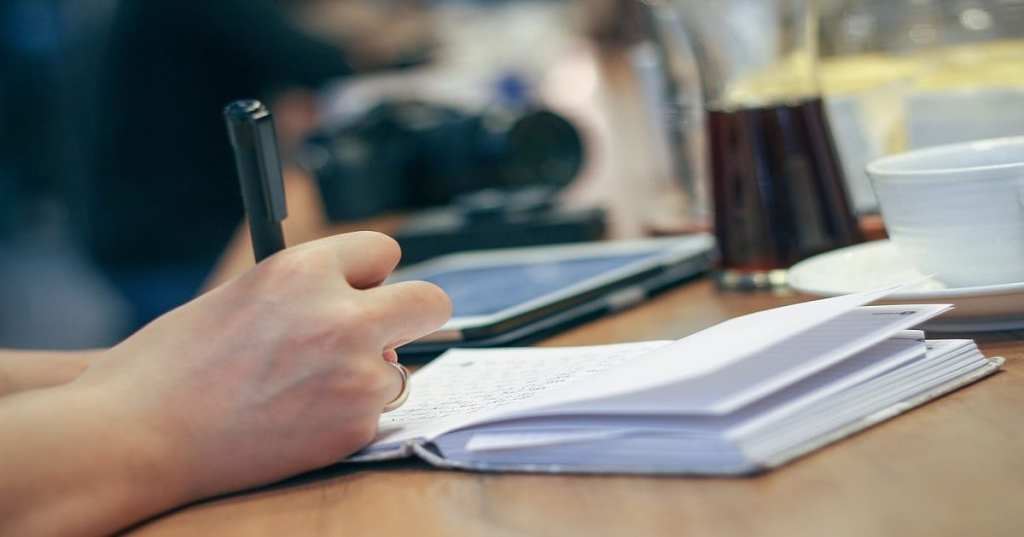Remember sitting in high-school Spanish class struggling to understand exactly what page your teacher told you to open your book to? Join the club.
Learning a new language is a difficult task for anyone. After all, some people struggle with English alone!
Even if you spent years in a foreign language class, chances are you forgot most of what you learned.
Don’t fear. You’re not alone. In fact, it’s probably not your fault at all.
As is the case with the field of education, new scientific data can reveal hiccups in how we are taught. As it turns out, mastering a second language can be made much easier through a specific approach called spaced repetition.
This unique, scientifically-backed study technique relies on increased time intervals before you review the information you’re learning. As for its origins? We can all thank German psychologist Hermann Ebbinghaus for this helpful concept.
Ironically, spaced repetition isn’t even his most popular discovery. That honor belongs to the learning curve—a familiar term to anyone who’s tried to acquire a new skill.
Of course, on the flip side of that is the forgetting curve, which Ebbinghaus introduced in a revolutionary study in 1885. The scientist discovered a steep decline in his ability to retain information after a period of only 20 minutes. Just think about what happens when you don’t practice a foreign language for months or years!
So what’s the secret to utilizing spaced repetition for maximum information retention? Here’s an easy breakdown of how you can learn more efficiently:
- Use flashcards for vocabulary words.
- Review your cards only once per day.
- When you get a card wrong, place it in a pile (hopefully a small one) of cards that you need to take extra time to review.
- If you get a card right, put in a separate pile of ones you don’t need to spend as much time on.
- Follow your review schedule based on a scale you set for the cards that require more time.
Here’s a video to explain more…
Try out this handy technique with more than just a foreign language. Whether you want to get ready for your next biology test or want to remember the notes in a scale, spaced repetition can help you become an expert much faster.
What new skill do you want to learn? Did you have a tough time mastering French or Spanish in high school?
Tell us about your toughest classes in the comments!






